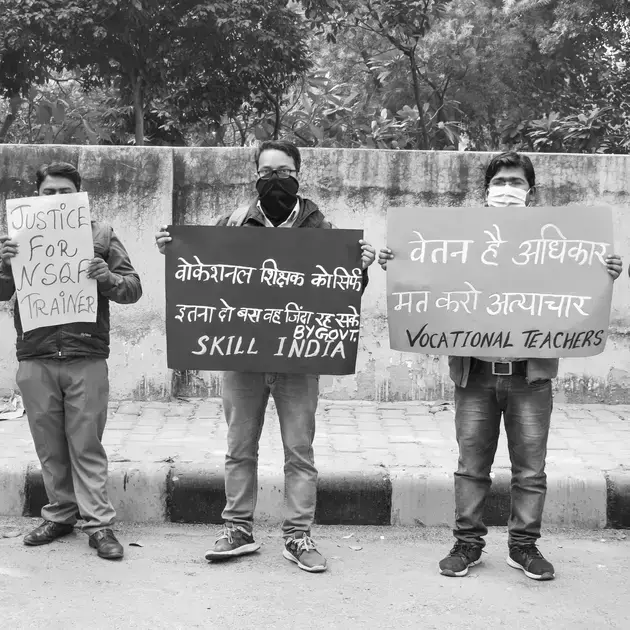Leitura: 8 minutos Unlock massive upskilling opportunity—at zero cost. India’s government-backed free online courses are transforming how professionals and aspiring talent gain market-ready skills. In this article, you discover why U.S. leaders and entrepreneurs should watch and learn from this bold strategy.
Why India Launched Free Courses
The Indian government introduced free online courses to rapidly enhance the nation’s skill base and democratize access to education. This move is not just about education—it’s a strategic lever to boost the country’s global competitiveness.
On the ground, it means millions across urban and rural India can now access high-quality content once exclusive to major cities. The message for competitive markets: when a government levels the playing field, it accelerates innovation and fills talent gaps fast.
What challenges could arise if your workforce had instant, free access to world-class courses?
How The Programs Work
These initiatives—like SWAYAM, NPTEL, and Digital India—centralize content from top universities and research institutes. Most courses are self-paced, online, and accessible in multiple languages.
- SWAYAM: Massive open courses in tech, business, science
- NPTEL: Technical content from IITs
- Digital India: Digital literacy for all segments
For companies, this means a scalable supply chain of trained, digitally-ready talent. The bottom line: streamlined onboarding, reduced training costs, and smarter hiring.
If your country implemented this, would your HR strategy shift?
Market Impact: Skillset At Scale
Free government-backed courses have driven exponential enrollment—millions sign up each year. This democratization of knowledge boosts market share for both learners and companies tapping into this talent pool.
For business, the direct effect is a deeper bench of candidates with verified skills. Recruitment accelerates, and higher retention is reported as learners stick with companies that value internal upskilling.
- Larger pool of tech-savvy applicants
- Reduced onboarding friction
- Faster adaptation to digital tools
Could your business capitalize on such a rapid skill pipeline today?
Quality Assurance And Certification
Courses are vetted by premier educational institutions like IITs and IIMs. Upon completion, digital certificates carry strong signaling power in India’s job market—and increasingly abroad.
In practice, this addresses risk management for employers—assurance of skill and reputation behind every certificate. This system reduces credential fraud and allows seamless screening.
- Transparent provider reputations
- Standardized content benchmarks
- Portable, comparable qualifications
How might universal, government-stamped digital certification shift your hiring or compliance strategy?
Future Trends And Global Implications
With AI, data science, and cyber skills now standard among offerings, India is future-proofing its workforce. The global market will feel this as IT and services exports increase and Indian professionals claim bigger shares in remote and international teams.
Regulatory leaders in the U.S. and EU are taking note, exploring similar education democratization models. For American business, the implication is clear: prepare for a more skilled, cost-competitive, and boundary-pushing global workforce.
- Increased outsourcing options
- New B2B education service models
- Need for advanced, continuous upskilling
What edge will you create before this model becomes the global standard?
